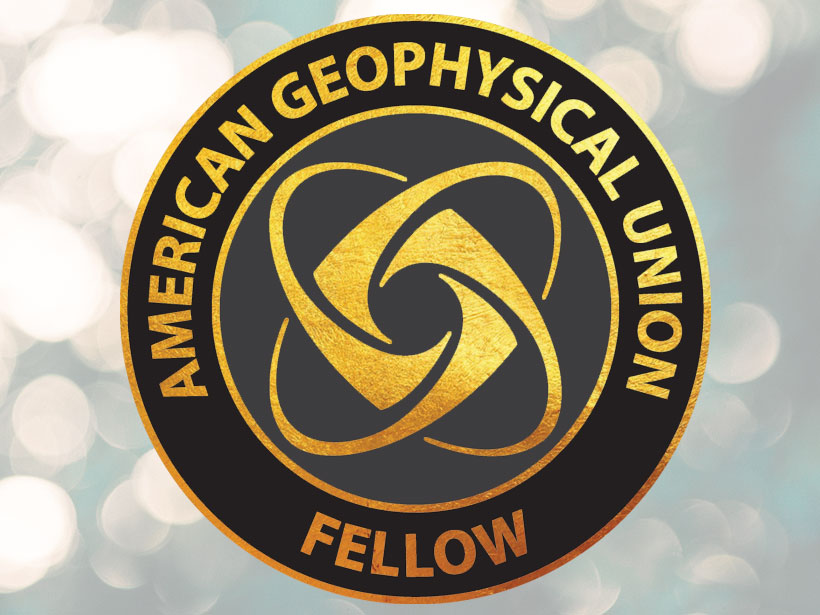AGU has revised its strategy to enrich discovery and innovation by building a diverse and inclusive Earth and space science workforce, and it aims to set an example for other organizations.
B. M. Williams
Billy M. Williams serves as the director, Science, at the American Geophysical Union (AGU). As a member of the senior team reporting to the executive director/CEO, he is the senior staff partner to the AGU Council and supports the Council in implementing AGU’s scientific agenda and work plan, including AGU Ethics, and AGU Honors and Recognition initiatives. He is also responsible for developing and leading AGU programs that help support, recognize, and share the work of Earth and space scientists at every career stage as well as working on other AGU scientific program initiatives. Prior to joining AGU, Billy held positions as a senior program officer at the National Academies of Sciences, and as a global research and development director at the Dow Chemical Company.
AGU College of Fellows Announces Program Plans
A new group that represents the American Geophysical Union’s Fellows kicks off its programs through 2018 with a town hall at the 2017 AGU Fall Meeting about scientific publishing.
AGU Revises Its Integrity and Ethics Policy
The updated ethics policy takes a strong stance against harassment in the sciences.
NSF Grant: AGU and Partners Aim at Gender Issues in Geosciences
Funding through July 2021 supports a project in the Earth, space, and environmental sciences to promote gender equity and train scientists to recognize and counteract sexual harassment.
How Do Microbial Ecosystems and Climate Change Interact?
The American Society for Microbiology and the American Geophysical Union offer insights from a transdisciplinary collaboration of their scientists regarding this question and areas for further study.
Updated AGU Ethics Policy Available for Member Comment
Proposed new language identifies harassment as a form of scientific misconduct.
Task Force Recommends Ways to Improve AGU Fellows Program
The program review was prompted by demographic changes in the AGU membership and the growth of interdisciplinary sciences.






